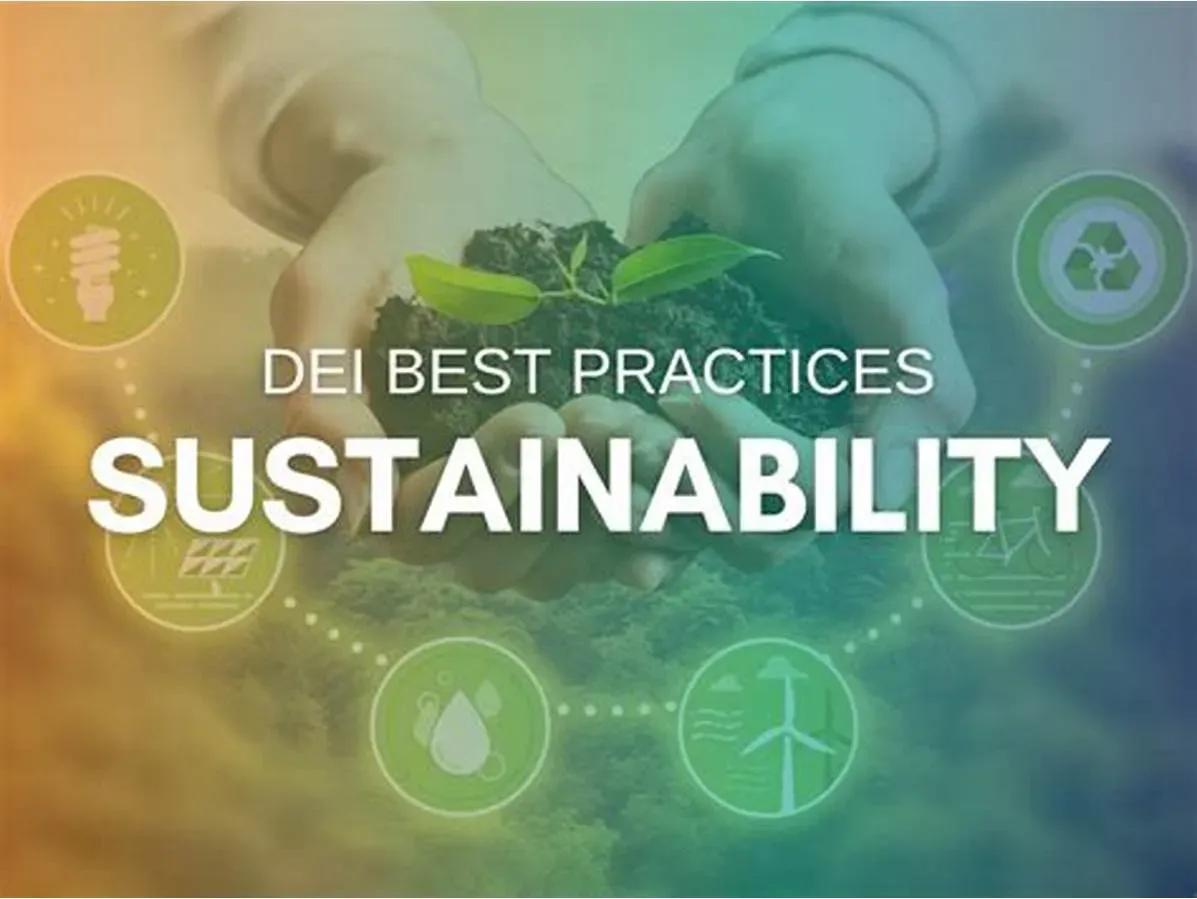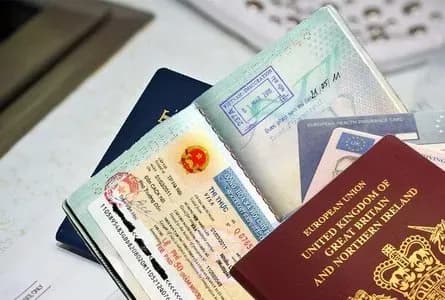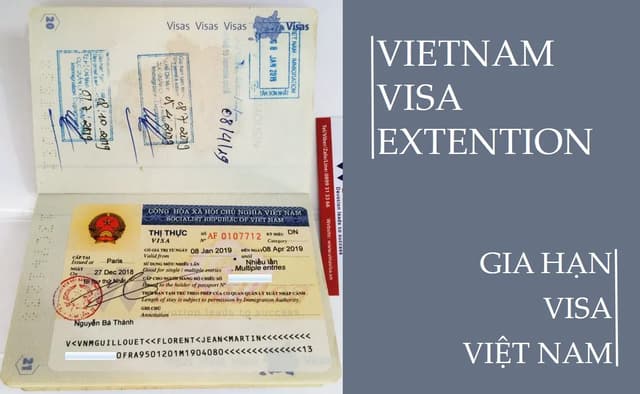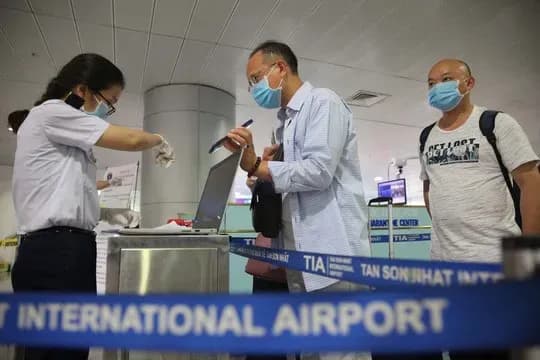Principles of sustainable management of natural resources
By Hoa Nguyen
26/11/2024
Sustainable natural resource governance is crucial for environmental protection and ensuring long-term economic growth. Governance principles include the rational and efficient use of resources, biodiversity protection, and promoting sustainable development. This requires community involvement, transparency in management, and the application of advanced technologies. International cooperation also plays a significant role in sharing experiences and implementing sustainable governance solutions.

At the international level, there are not really specific principles for sustainable management of natural resources, which are mentioned and integrated in documents related to sustainable development. One of them can be mentioned as the Rio Declaration on environment and development, Agenda 21 of the United Nations Conference on Environment and Development held in Rio de Janeiro in 1992. There are 27 general principles and guiding requirements related to conservation and management of resources mentioned in those documents such as: decision-making on sustainable development, atmospheric protection, sustainable land management , protect forests, fight against desertification and drought, protection and management of oceans and freshwater, sustainable development of agriculture and rural areas, protection of biodiversity, safe use of toxic chemicals and waste management hazardous... For each type of natural resource, Agenda 21 has specific instructions and requirements for the Governments of countries. In summary, the principles related to sustainable management of natural resources can be summarized as follows:
1. The principle of national sovereignty in the exploitation, control and management of natural resources does not cause harm to the environment outside the scope of national jurisdiction;
2. Environmental management principles are an integral and inseparable part of the sustainable development management process;
3. Principles of creating mechanisms for participation of the people and local communities in natural resource management;
4. Principle of national responsibility in cooperation, provision, information transparency, promulgation of laws, policy making, development of assessment and monitoring tools related to exploitation, use, protection, renewable natural resources;
5. Principles of decentralization, authorization, transparency and accountability in sustainable management of natural resources;
6. The principle that the government must be responsible, proactively plan and promote specialized measures compatible with the exploitation, use and conservation of each type of natural resource in a sustainable manner;
7. Principles for building and effectively implementing a polluter-pays, user-pays mechanism...
It can be seen that Agenda 21 confirms that sustainable development in general and sustainable management of natural resources in particular are first and foremost the responsibility of governments. Governments must have national strategies, policies and plans based on international cooperation and widespread participation of the people.
The principles of sustainable resource management are also mentioned in the Earth Charter, a declaration based on basic principles to build a sustainable and peaceful global society of the 21st century. The main content of the Charter is concerned with the transition to new ways of living, sustainable human development and ecological integrity.
The Earth Charter focuses on the principles of ensuring a comprehensive ecosystem. The Charter's principles emphasize more on the nature and professional content of environmental and financial management decisions. natural ingredients:
1. Protect and restore the integrity of Earth's ecosystems, with particular attention to biodiversity and the natural processes that sustain life;
2. Limiting damage is the best way to protect the environment, and when knowledge is limited, use a vigilant approach;
3. Apply processes of production, consumption, and reproduction to protect the Earth's regenerative capacity and the survival of communities;
4.Strengthen research into ecological sustainability and encourage open exchange and widespread application of acquired knowledge.
An important foundational document for establishing directions in sustainable management of natural resources is also the Natural Resources Charter. This is a document drafted by an independent group of experts researching sustainable resource exploitation, led by Paul Collier, Director of the Center for African Economic Research at Oxford University, and is currently being published. governed by a supervisory board, headed by Ernesto Zedillo, former president of Mexico. The Natural Resources Charter sets out a set of 12 principles for governments on how to best exploit the opportunities created by natural resources for development. This is also the method that successful countries have used. The Charter is still being completed each year.
The Natural Resources Charter provides specific guidance for national governments in the process of autonomy and responsibility in using their countries' natural resources for economic development and ensuring benefits. for all people. The principles include:
- Exploitation and use of natural resources should be planned to ensure maximum benefits for the citizens of each resource-owning country;
- Exploited resources are the common property of each country and exploitation decisions need to be public and transparent and subject to community supervision;
- Competition is an important mechanism to ensure the value and integrity of natural resources;
- The financial mechanism for natural resources needs to be strong and appropriate even when circumstances change and must ensure that the resource-owning country gets the full value of benefits in the new situation;
- State-owned enterprises in resource exploitation also need to have competitive commercial activities, avoiding simply performing regulatory functions or other similar activities;
- Resource exploitation projects can seriously affect the environment and society. These impacts need to be addressed and mitigated at all stages of the project cycle;
- Resource revenues must be used largely to promote sustainable economic growth by allowing and maintaining high levels of domestic investment;
- Effective use of revenue from natural resources for domestic spending must be calculated very carefully, paying attention to the unstable factors of revenue sources;
- The resource wealth of a country should be valued by the Government of that country as an opportunity to ensure and enhance the efficiency of public spending;
- Government policies should create conditions to attract investment from the private sector to meet new opportunities as well as changes in the economic structure related to natural resources;
- The government should require mining companies and international credit sources to implement the most effective models;
- All mining companies should follow a certain efficiency model in the stages of contract signing, operations and payments.
In the Natural Resources Charter, each principle is presented in three parts: summary content; a full explanation of the problems that governments will face and recommended solutions; and technical discussions related to that issue.
Natural resource governance takes place in diverse contexts, especially when countries are more or less influenced by unsustainable traditions of exploitation and use of natural resources. Therefore, sustainable management of natural resources sets new principles for the governance process. The above principles are approached from many aspects and in different ways, but they all serve as a guiding foundation for the design of transparent, responsible, fair, and equitable governance institutions. Demonstrates integration and adaptability in function and structure, creating a foundation for building management monitoring and evaluation tools.
Vietnam visa application service for foreigners
By Hoa Nguyen
16/10/2024
Our Vietnam visa application service provides a quick and convenient solution for foreigners who need to enter and temporarily reside in Vietnam. We provide short-term and long-term visas for tourism, business, investment and visiting relatives. With a simple and professional process, we ensure to save time and bring satisfaction to customers. Contact us now for support!
Extend Vietnam visa procedures for foreigners
By Van Vu
16/10/2024
Extending Vietnam visa for foreigners is one of the important services to ensure legal residence in Vietnam. We provide a fast and simple visa extension process, suitable for various types of visas such as tourism, business, and visiting family. With attentive and professional support, we commit to bringing convenience and peace of mind to customers during the visa extension process. Contact us for detailed advice and support on extending Vietnam visa procedures.
Procedures for applying for visas for foreigners working in Vietnam
By Van Vu
16/10/2024
This article provides detailed instructions on the procedures for applying for visas for foreigners working in Vietnam, including short-term and long-term visa types, as well as corresponding conditions and expiry dates. In addition, information on legal regulations and necessary documents is also provided to support foreign workers and businesses in carrying out procedures effectively and legally.
Visa issuance for foreigners at international border gates
By Van Vu
21/10/2024
According to Article 18 of the Law on Entry, Exit, Transit and Residence of Foreigners in Vietnam 2014, the issuance of visas at international border gates for foreigners is regulated in detail.




